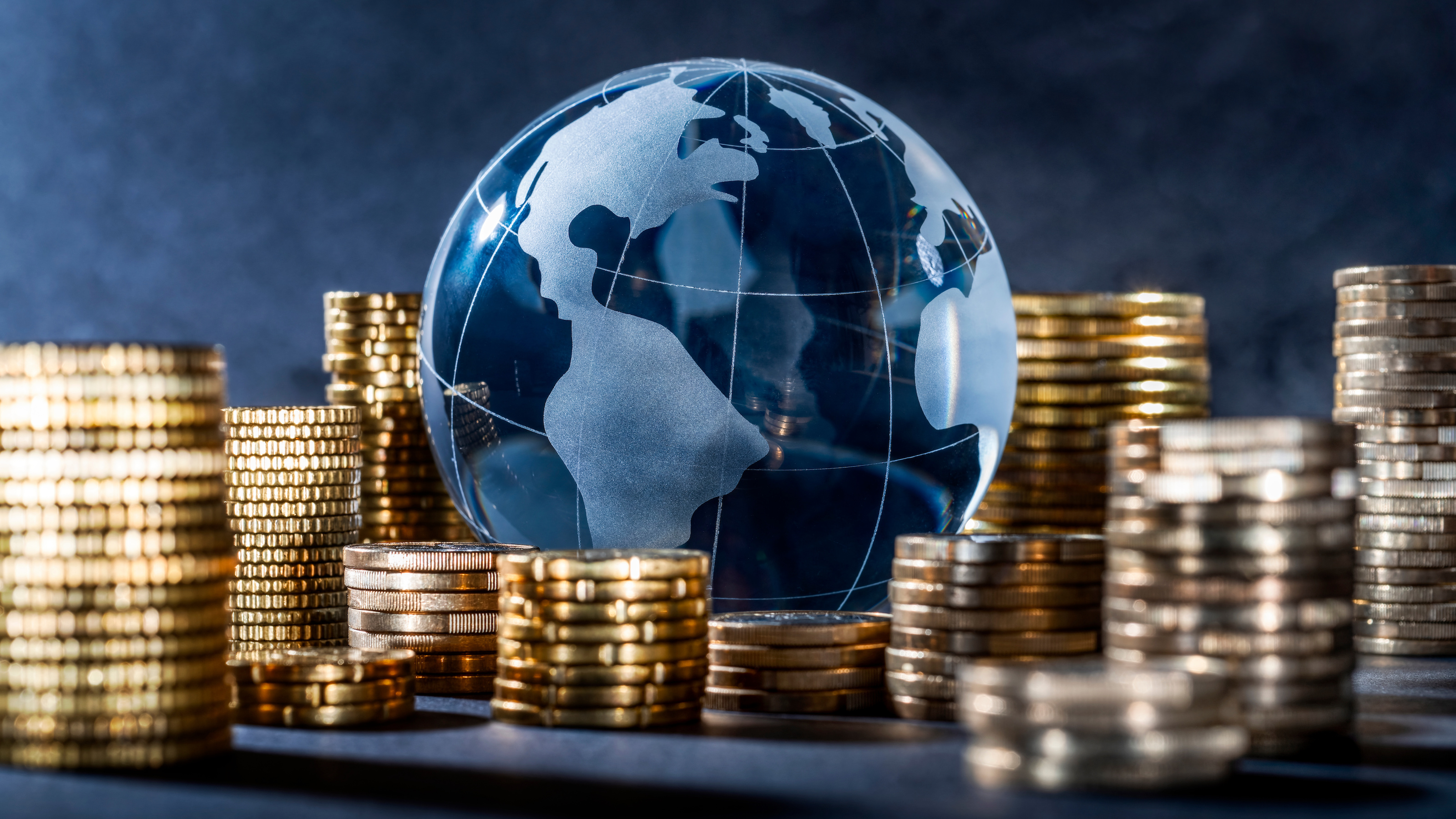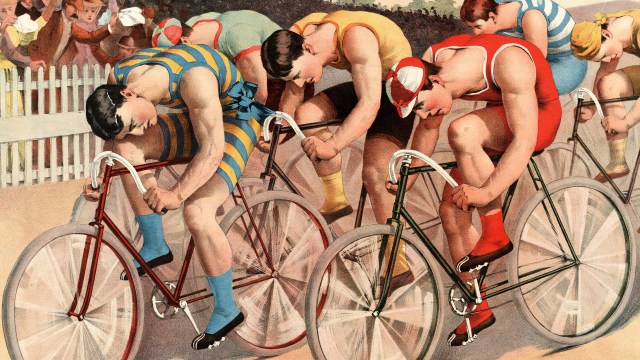Americans are richer than ever. Here are 3 reasons why they aren’t happier

- Americans are better off financially than they were 50 years ago, yet they aren’t much happier.
- Seeing as how greater earnings typically grant someone more control over their time and increased agency over their decisions, it seems odd that more money hasn’t bettered Americans’ moods.
- Materialism, poor work-life balance, and income inequality all likely play a role in this paradox.
Americans are financially better off than they were 50 years ago. In 1972, the median income (adjusted for inflation) was just over $60,000. Today, it’s a little over $70,000. Yet despite this solid increase in income, Americans aren’t much happier. This is somewhat surprising, especially considering that money’s greatest benefit may be that it grants greater control over one’s time, permitting people to, for example, choose the job they really want, live without fear of getting laid off, and retire at the time of their choosing.
NORC at the University of Chicago has been tracking the general happiness of Americans for over 50 years as part of their General Social Survey, and over that time, little has changed: Between eight and nine out of every ten Americans generally say they are “very happy” or “pretty happy” each year. That’s a decent proportion, yet despite being among the richest nations on Earth, America is not the happiest. The U.S. is 15th.
So why haven’t Americans’ growing incomes translated into greater happiness? Numerous factors are undoubtedly at play, but three have gained prominence. Financial writer Morgan Housel detailed two of them in his best-selling book, The Psychology of Money. Both are tied to an erosion of control over Americans’ time.
Three reasons Americans aren’t getting happier
First, he noted that as purchasing power has grown, consumers have indeed spent on cheaper gadgets, fancier cars, and much larger houses. The median American home grew from a modest 983 square feet (91 square meters) in 1950 to a voluminous 2,436 feet (226 square meters) in 2018. And they have filled their habitats with a flabbergasting average of over 300,000 items! Americans have more living space to clean, more cars to care for, more fashion decisions to make, and more things to meddle with. All this stuff, ostensibly purchased to improve their lives, has instead robbed them of time and agency. Americans are increasingly beholden to their belongings.
Second, Housel wrote that the nature of work has fundamentally changed. As the country has transitioned to a more knowledge-based rather than manufacturing-based economy, work isn’t merely conducted at an office and left there. Instead, it follows us home, on computers and smartphones, of course, but also in our heads. As Housel wrote:
“If your job is to build cars, there is little you can do when you’re not on the assembly line. You detach from work and leave your tools in the factory. But if your job is to create a marketing campaign — a thought-based and decision job — your tool is your head, which never leaves you. You might be thinking about your project during your commute, as you’re making dinner, while you put your kids to sleep, and when you wake up stressed at three in the morning. You might be on the clock for fewer hours than you would in 1950, but it feels like you’re working 24/7.”
A third factor potentially keeping Americans from greater happiness is inequality. While median inflation-adjusted household income has respectably risen in the past five decades from roughly $60,000 to around $70,000, average inflation-adjusted household income has skyrocketed from $68,800 to $102,300, indicating that much of the rise in earnings has skewed to a few households at the top. Numerous studies, including one based on data from the aforementioned General Social Survey, show that when inequality is high, Americans’ happiness stagnates, particularly among citizens in the bottom 40% of the income ladder.
Keeping up with the Joneses
Dr. David Bartram, an associate professor of sociology at the University of Leicester and a co-editor of the Journal of Happiness Studies, found that this effect is mirrored in other countries.
“When inequality increases, people with high incomes don’t benefit much from their gains — many rich people are focused on those who have even more than they do, and they never feel they have enough,” Bartram told The Guardian last year. “But people who earn little really suffer from falling further behind — they feel excluded and frustrated by not being able to keep up even with people who receive average incomes.”
Materialism, poor work-life balance, and inequality: It is within Americans’ power to address all these issues that sap happiness, whether through willpower or reform. The only question is if they will.





